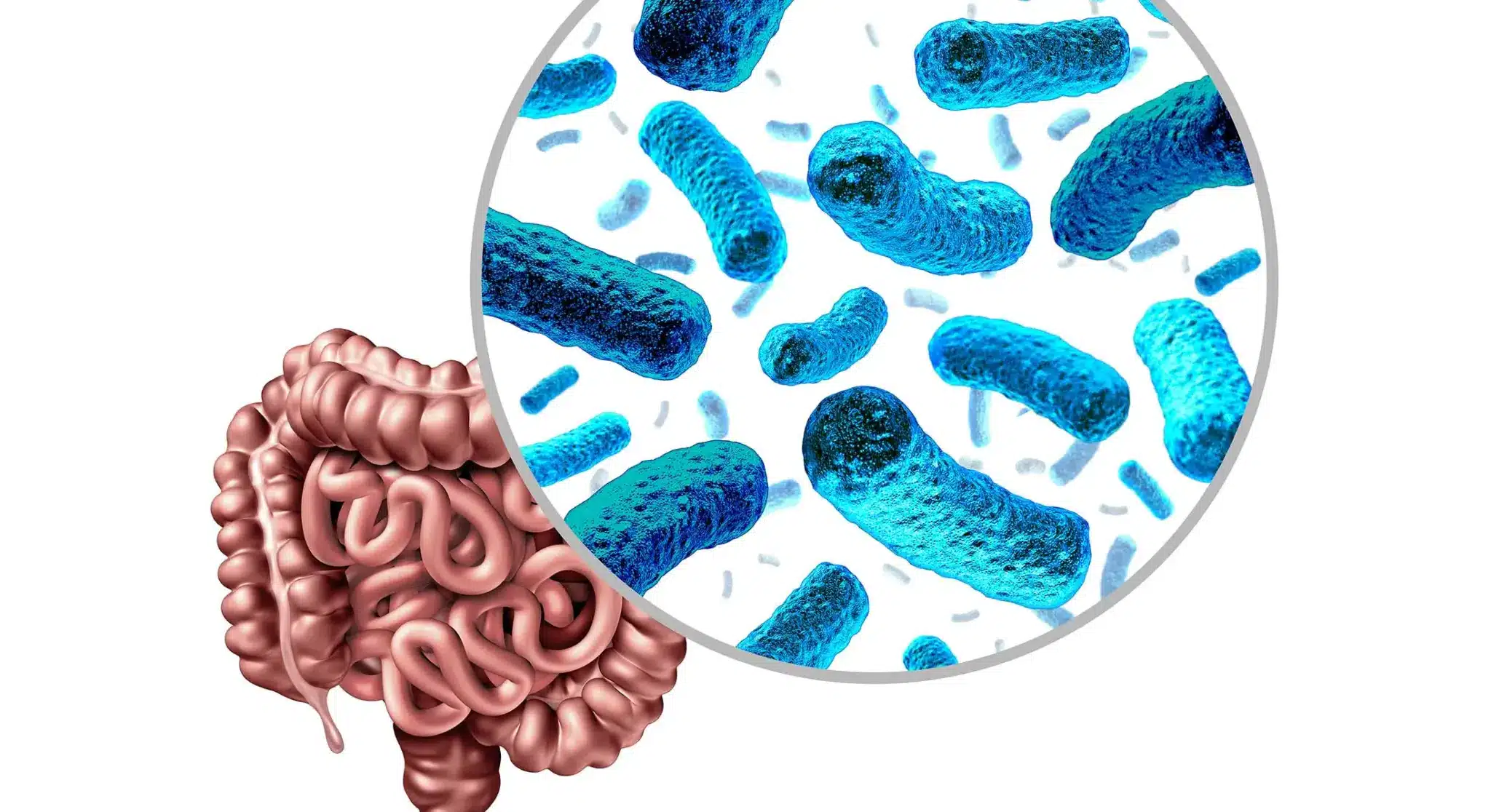About Gut Microbiota
- The human gut microbiota refers to the trillions of microbes, such as bacteria, viruses, fungi, and parasites, that live in the human gut.
- Previously, people referred to the gut microbiota as the microflora of the gut.
- The gut microbiome is the environment they live in.
- Establishment of the human gut microbiota:
- Infants inherit their first gut microbes during vaginal delivery or breastfeeding (chestfeeding).
- Later, your diet and other environmental exposures introduce new microbes to your biome.
- The gut microbiota assists in a range of bodily functions, including:
- harvesting energy from digested food
- protecting against pathogens
- regulating immune function
- strengthening the biochemical barriers of the gut and intestine
- Changes in microbiota composition can affect these functions.
- Disease:
- While there are beneficial bacteria in the gut, there are also harmful bacteria that can enter the Gastrointestinal (GI) tract and cause infection.
- These infections include food poisoning and other GI diseases that result in diarrhea and vomiting.
- Research suggests that bacterial populations in the GI system play a role in developing gut conditions, including inflammatory bowel diseases (IBD), such as Crohn’s disease and ulcerative colitis.
- Low microbial diversity in the gut also has links to obesity and type 2 diabetes.
- The status of the gut microbiota also has links to metabolic syndrome.
- Disturbing the microbiota with antibiotics can also lead to disease, including infections that become resistant to antibiotics.
Q1) What is Crohn’s disease?
Crohn’s disease is a chronic (long-lasting) disease that causes inflammation in your digestive tract. It can affect any part of your digestive tract, which runs from your mouth to your anus. But it usually affects your small intestine and the beginning of your large intestine.Crohn’s disease is an inflammatory bowel disease (IBD).
Source: Listen to your gut – it may be telling you something about your heart | Explained
Last updated on June, 2025
→ UPSC Notification 2025 was released on 22nd January 2025.
→ UPSC Prelims Result 2025 is out now for the CSE held on 25 May 2025.
→ UPSC Prelims Question Paper 2025 and Unofficial Prelims Answer Key 2025 are available now.
→ UPSC Calendar 2026 is released on 15th May, 2025.
→ The UPSC Vacancy 2025 were released 1129, out of which 979 were for UPSC CSE and remaining 150 are for UPSC IFoS.
→ UPSC Mains 2025 will be conducted on 22nd August 2025.
→ UPSC Prelims 2026 will be conducted on 24th May, 2026 & UPSC Mains 2026 will be conducted on 21st August 2026.
→ The UPSC Selection Process is of 3 stages-Prelims, Mains and Interview.
→ UPSC Result 2024 is released with latest UPSC Marksheet 2024. Check Now!
→ UPSC Toppers List 2024 is released now. Shakti Dubey is UPSC AIR 1 2024 Topper.
→ Also check Best IAS Coaching in Delhi
























